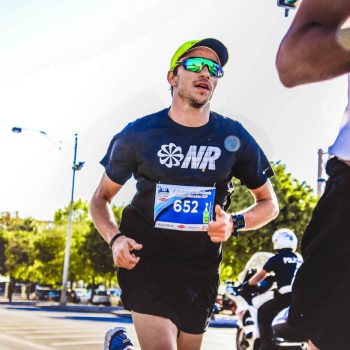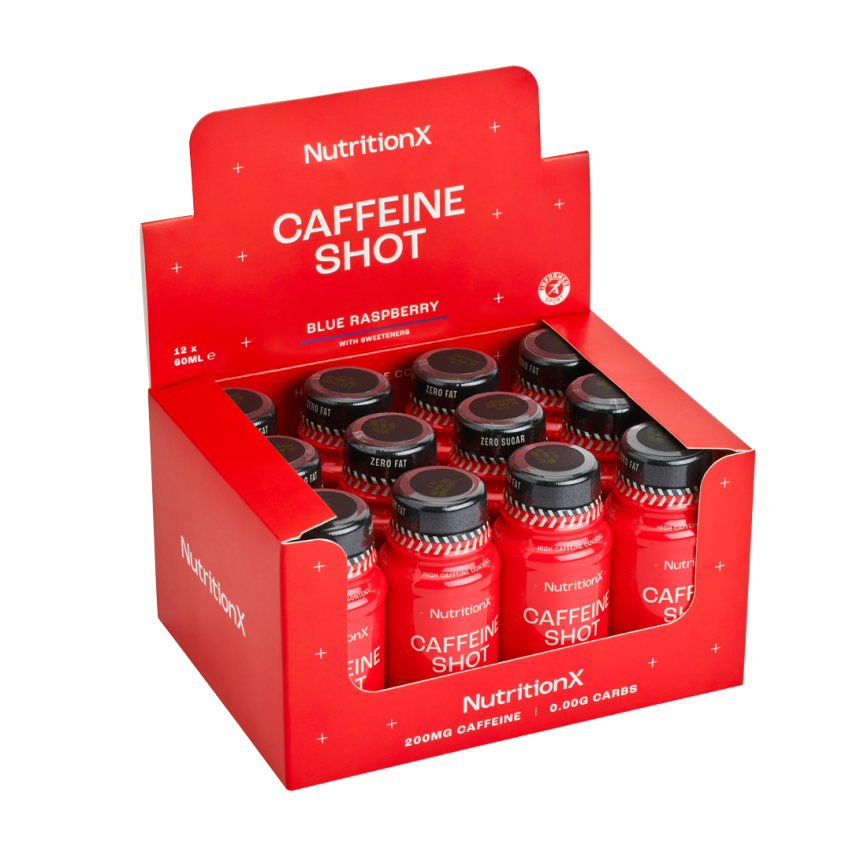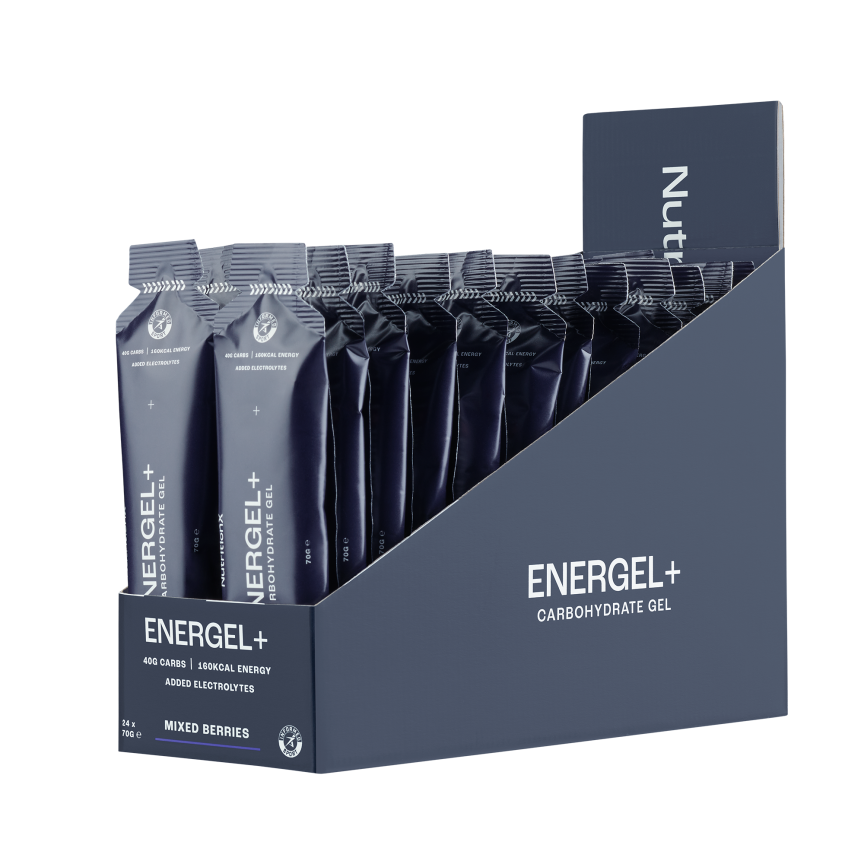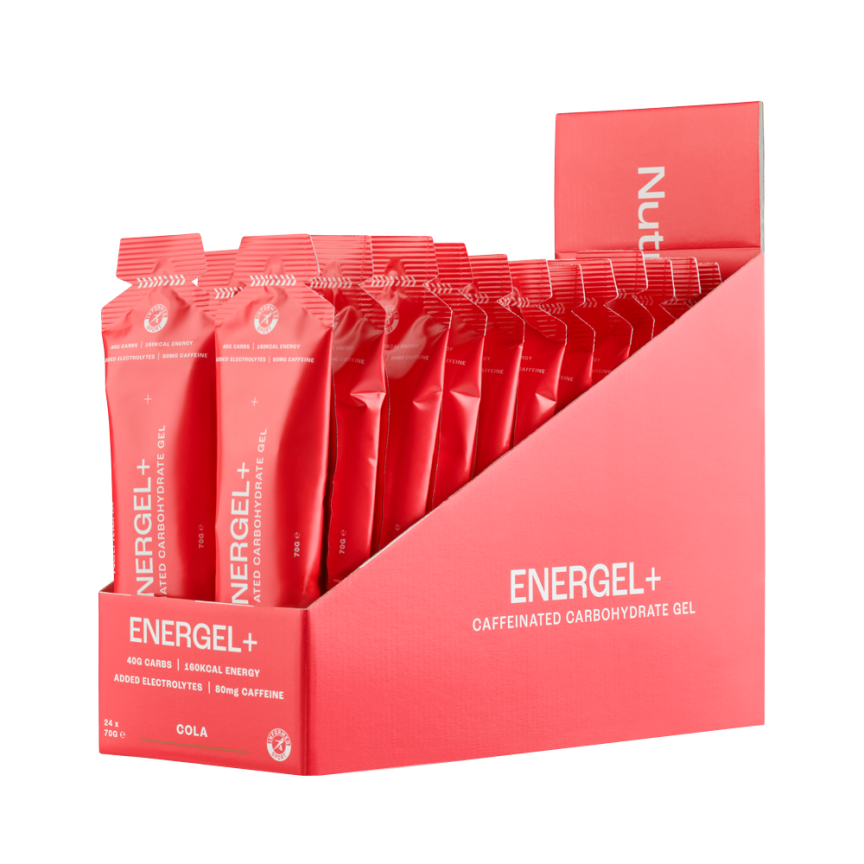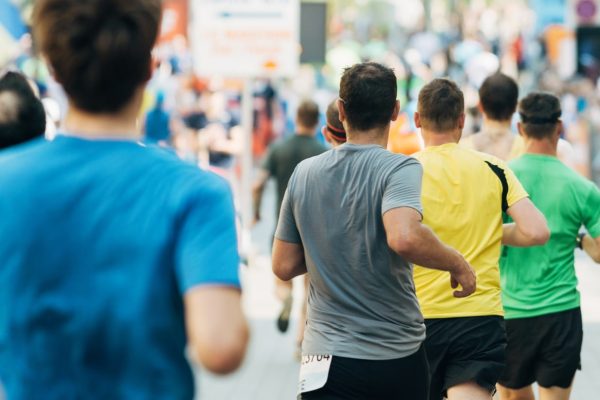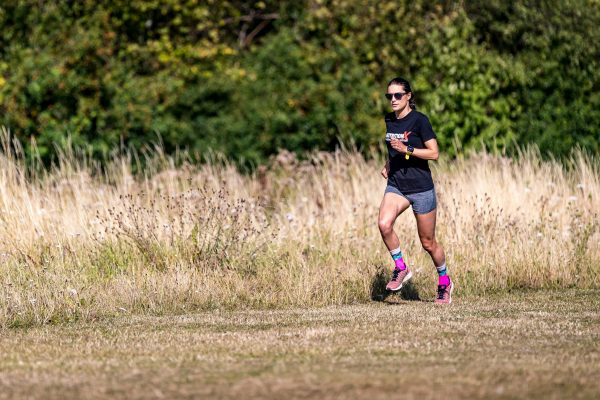When it comes to running a marathon, nutrition plays a crucial role in your success. Similar to training and preparation, what you consume before, during and after the race can significantly impact how well your body performs during those 26.2 miles. In fact, not taking your marathon nutrition seriously can have serious consequences - from impacting your post-run recovery - to preventing you from having the energy you need to complete the race.
Here, we take a look at how athletes can best support their marathon training plan specifically from a nutrition perspective; looking at all of the need-to-knows when it comes to what to eat before, during and after a race.
How many calories do marathon runners need to consume?
One of the main challenges that a marathon runner faces from a nutrition perspective is meeting their daily caloric requirements. Calories are needed to enhance muscle recovery and optimise performance during training runs. The amount of calories runners need depends on a number of factors, such as the distance and duration of the session, body mass, training status and environmental conditions. It’s therefore a personal requirement according to an athlete’s individual needs with no real ‘magic’ number. The most important thing is ensuring you’re getting enough for your body’s exertion needs.
What types of food should marathon runners eat?
A marathon runner or endurance athlete’s daily nutrition should keep protein and carbohydrate intake at its core. Whilst carbohydrates will ensure you have the energy needed for your running session, protein intake will support the stimulation of muscle protein synthesis; essentially the process through which your muscles effectively recover post-exercise. Keeping this balance of macronutrients in mind and required amounts of each based on your exercise exertion - ie. how long you’re running for - is vital for getting you over that finishing line.
What to eat before a marathon
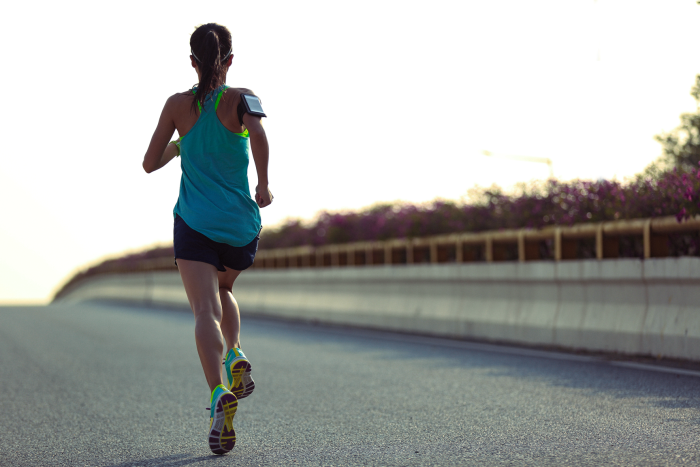
The 48 hours prior to competition are vital in ensuring your muscles have the energy they need when it comes to race day. With that in mind, it’s recommended that marathon runners up daily carbohydrate intake to a target of 10-12g/per kg body mass/per day in the lead-up to the race. ‘Carb loading’ - as it’s commonly known - has been associated with the maintenance of pace during the last part of the run and the ability to run faster over the last 5km; important for ensuring you have the energy you need to reach the finishing line.
Tips for pre-marathon nutrition:
- Eat carbohydrates with every meal and pay attention to hydration throughout the day
- Aim for a low-fibre diet to prevent GI symptoms such as bloating
- The evening before the race, choose a lighter meal to support effective digestion
What to eat the morning of a marathon
When the morning of race day arrives, a rich-in-carbohydrate breakfast is recommended, replenishing liver glycogen and giving your body the fuel it needs to tackle the race. Ideally, eat something your body knows and you know you can digest with ease, such as oatmeal with banana, toast with jam and a glass of orange juice. Timings-wise, aim for 1-4kg of carbohydrate per KG body mass around 3-4 hours before the start of the race. So, if the race starts at 9:30am, have your breakfast at 6:00am.
One hour before the race, consider taking on more carbohydrates and liquid to top up hydration and energy levels, such as a hydrating sports drink like Hydra+ or energy gel like Energel+.
What to eat during a marathon
The priorities during a competition for any marathon runner are to prevent fatigue and have enough energy available to maintain performance levels. Aim to take on between 30-60g of carbohydrate per hour to ensure your body has the energy it needs. For example, if your goal is to finish the marathon in 5 hours, you will need to take on at least 30g of carbohydrate every hour, as well as ensuring you’re maintaining hydration levels.
What this food looks like is entirely up to you, but never try something new the day of the marathon. Plan ahead and prepare your gut to tolerate the amount of carbohydrate and fluids you’ll need on the day during training by trying out different snack/ gel options and go with what works for you, packing your snacks on you so you have them easily available during the race.
What does 30-60g of carbohydrate look like?
- 1 Energel+ energy gel: 24g
- 1 large banana: 30g
- 42g gummy bears: 34g
- 1 scoop Hydrafuel: 36g
How much carbohydrateS should a marathon runner CONSUME?
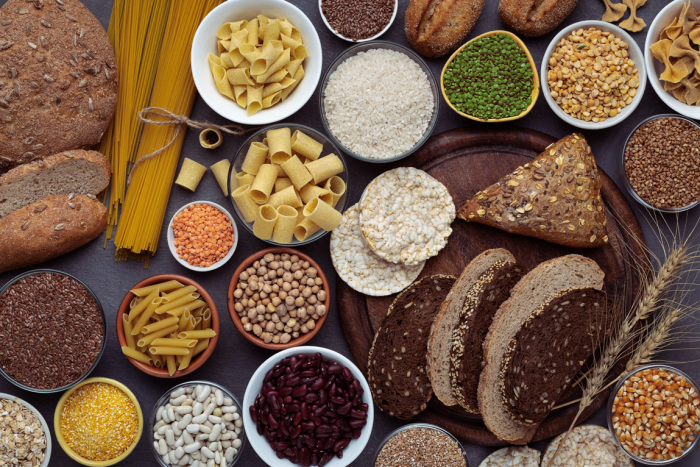
When looking at daily nutrition in the lead-up to an event, in general - if training roughly 2h per day / 5 days a week, you will need ~5-8g/per kg bodyweight /per day of carbohydrate. In practice, if your body weight is 70kg, you would need between 350-560g of carbohydrate each day, ideally distributed evenly throughout the day.
If the intensity and duration of your training sessions is higher than this, the recommendation would increase to 7-10g/kg/day. In addition, a recommended protein intake of >1.6g/kg body weight/day would be suggested to marathon runners in training.
How to stay hydrated during a marathon
Dehydration is one of the most common factors affecting performance for marathon runners, increasing core temperature and affecting the perceived amount of effort needed for every stride. Developing a hydration plan pre, during and post-race is vital, and whilst it may be difficult to drink large volumes of fluid during the race, it’s important to hit the start line in a hydrated state. Fast-acting hydration tablets such as Hydra+ are great for topping up hydration levels on the go, as well as replenishing key electrolytes lost through sweat; small enough to carry on you during a race, too.
Likewise, hydration is a vital consideration post-race, so ensure you top up hydration levels effectively following a marathon run with an electrolyte drink.
What supplements should marathon runners take?
Whilst a food-first approach should always be advocated when it comes to a marathon nutrition plan, sports supplements can be a great way of supporting energy and recovery for marathon runners. Supplements that marathon runners and endurance athletes should consider integrating into their strategy include:
- Caffeinated Energy Drinks - Caffeine is a stimulant that could be beneficial on the day of a race to mask fatigue and increase alertness. It’s recommended that 3-6mg of caffeine per kg body mass, 30-60 minutes before an exercise session, is ideal. Consider caffeinated energy drinks or shots, like the Nutrition X Xplode Pre-Workout Energy Shot, for that initial boost pre-race.
- Energy Gels - Energy gels such as Energel+ are great for that mid-race boost of carbohydrate-based energy; small and slim enough to easily keep on you as you run, too. As a bonus, these also contain key electrolytes commonly lost through sweat, helping with rehydration if taken alongside water.
- Probiotics- Studies on endurance athletes have shown that probiotics can support a reduction in GI symptoms such as bloating and discomfort, helping athletes keep their performance on track when exertion is high. A daily probiotic tablet, such as Probiotix, would therefore be a good consideration for any marathon runner.
- Vitamin D - An all-round powerhouse vitamin, vitamin D should particularly be considered for supplementation during the winter months by marathon runners to support the maintenance of good bone health and a healthy immune system.
Discover our range of Endurance supplements, specifically formulated to support endurance athletes.



